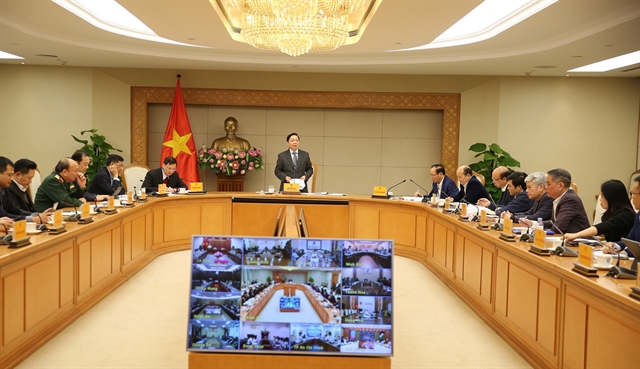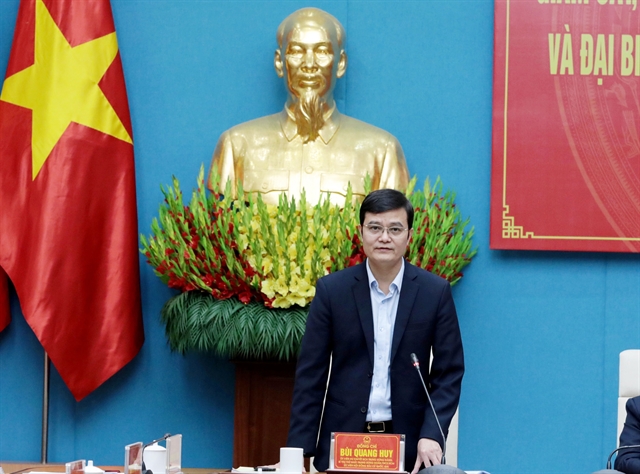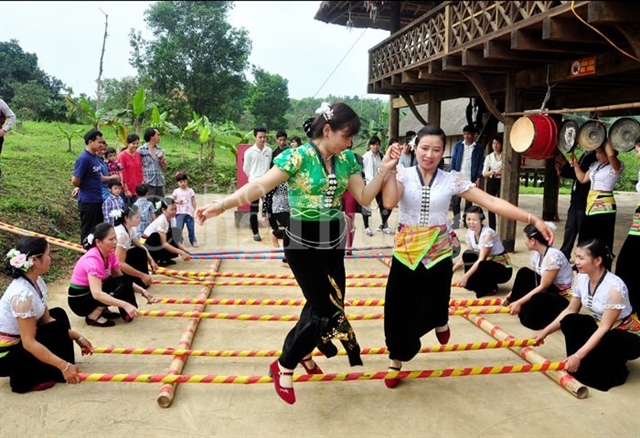 Life & Style
Life & Style
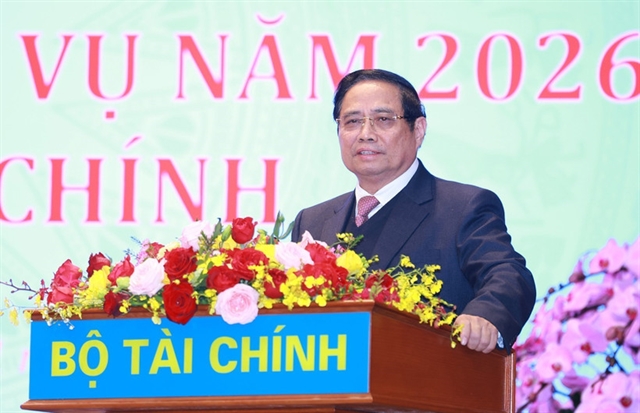
" />The Việt Nam Writers Association Award for the best translation work of 2017 went to translator Lê Đức Mẫn for the work Gore ot Uma (Wit Works Woe) from the Russian language by Aleksandr Griboedov (1795-1829).
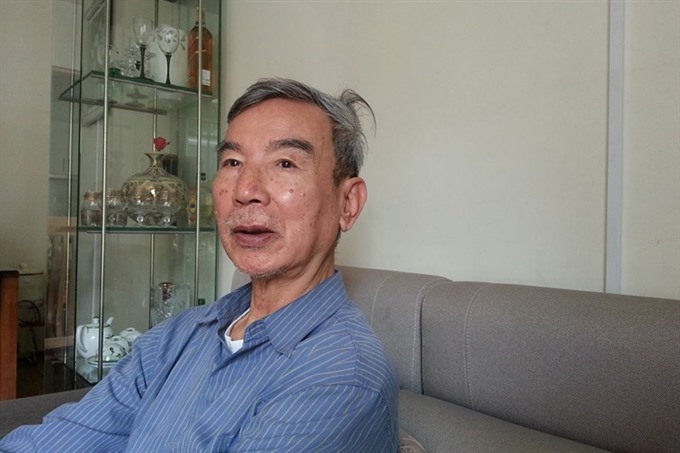 |
The Việt Nam Writers Association Award for the best translation work of 2017 went to translator Lê Đức Mẫn for the work Gore ot Uma (Wit Works Woe) from the Russian language by Aleksandr Griboedov (1795-1829).
The translator is popular among the generation of Vietnamese readers who enjoyed his works released during the 1970s.
Born in 1941, translator Mẫn has so far translated over 40 popular Russian works into Vietnamese including novels by Mikhail Lermantov and Boris Vasilyev, plus hundreds of Russian poems.
Diễm Anh interviewed Mẫn about the role of translation in the nation’s cultural life and development.
Could you something about your translation work which won the association’s award?
It is a comedy in verse by Aleksandr Griboedov, who has a special fate. It was the first and the only work by Griboedov. However, the work was not published because it satirises the society of post-Napolenoic
The work is comprised of 5,000 verse sentences which feature different situations and emotions. All translators who specialise in literary translation will understand the difficulty in translating a poem or an epic.
The translation work is published by the Việt Nam - Russia Literature Fund.
Could you tell us more about this fund?
The fund was set up in 2012 following a decision made by former Russian president Dmitry Medvedev to mobilise capital with a view to popularising Russian literature in the world. Every year, the fund suggests a list of classical and modern works to choose from to translate into Vietnamese.
It is called a fund but it doesn’t have money. The Vietnamese partner translates the works and Vietnamese publishing houses edit them before printing
Twenty works have been translated in five years. Is that many or a few?
I think this number is not small with the team of translators we have. The number of translators of my generation and older can be counted on one’s fingers. There are still many younger people who are good at Russian. But they are busy and seem to be hurried in daily life. It is difficult for them sitting down to think carefully about each word for the translation.
Is it true that a good foreign language learner will not necessarily be a good literary translator?
Yes, it is. To translate a literary work the translator needs four elements: foreign language ability, proficiency in the mother tongue, cultural background, and translation skill.
If the translator lacks one of the four elements he or she will struggle. The translation is the fruit of a process to gain comprehensive knowledge. It is not simple to translate word by word.
You have spent all your life attached to the Russian language and culture. But Russian language and literature are no longer attractive to young Vietnamese. Does it make you sad?
I think that translation has aided national development in different ways during different political, economic, cultural and diplomatic circumstances. According to my observation, translation in Việt
It can be said that the translation helps Vietnamese people gain access to the cultures of the Orient, western and eastern Europe and the
I’m not sure about the quality of translation. At present, it is difficult to find out good translators like previous years.
Do you think translation will impact the national development?
Yes, all social reforms have been impacted by translations. Translation is a "soft" weapon with an impact on the development of each country and human civilisation.
The world claims Egyptian civilisation, Roman civilisation and the citadel of Kaymakli in the Central Anatolia Region of Turkey as its ancient history. But these civilisations used to be ruined and forgotten because their works were little translated and thus little preserved by successor societies.
Another case, at the beginning of the 19th century,
In Việt
Additionally, the world is flat and only translation can help Vietnamese access the culture and scientific technology of the world. — VNS



